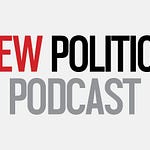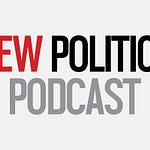In this episode of New Politics, we break down the federal government’s recent proposal to ban social media access for all people under 16. This controversial move has sparked public outrage and raises critical questions about political motives and media influence in shaping the national conversation. Is this policy a genuine attempt to address the impact of social media on young Australians, or a calculated distraction by a government looking to appease specific voter bases and media giants? With the government’s lack of accountability toward local vested interests and its inclination to target overseas corporations like Google and Meta, this episode looks into the broader implications for media freedom and integrity.
We also look at the media’s role in manipulating the narrative on behalf of Israel, especially surrounding recent events involving Israeli football hooligans in Amsterdam. When mainstream outlets pushed a storyline of anti-Semitism, independent media sources brought to light a more complex truth about the violence. Why are western political leaders and major news outlets reluctant to question Israel’s actions?
As election rumours swirl, we examine the potential for an early election amid recent polling and economic indicators. Could an improved economy with lower inflation and possible interest rate cuts work in Labor’s favour? And while Peter Dutton’s populist appeal is under scrutiny, the strength of the crossbench remains a major factor in the 2025 election’s outcome. We explore the factors shaping the path to the next federal election, including the role of teal independents, shifting support for the Australian Greens, and the broader impact of public sentiment on Labor’s prospects.



















Share this post